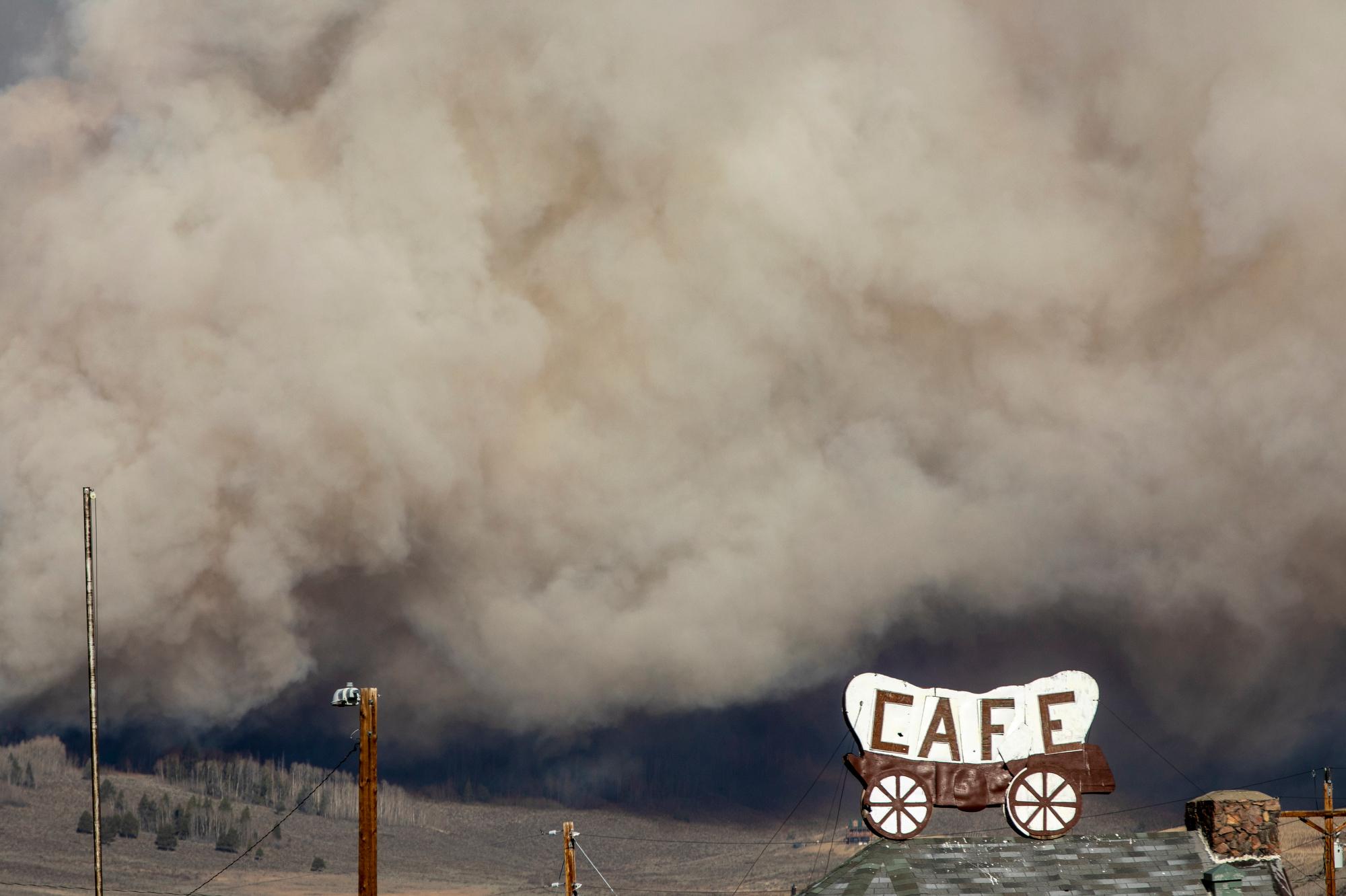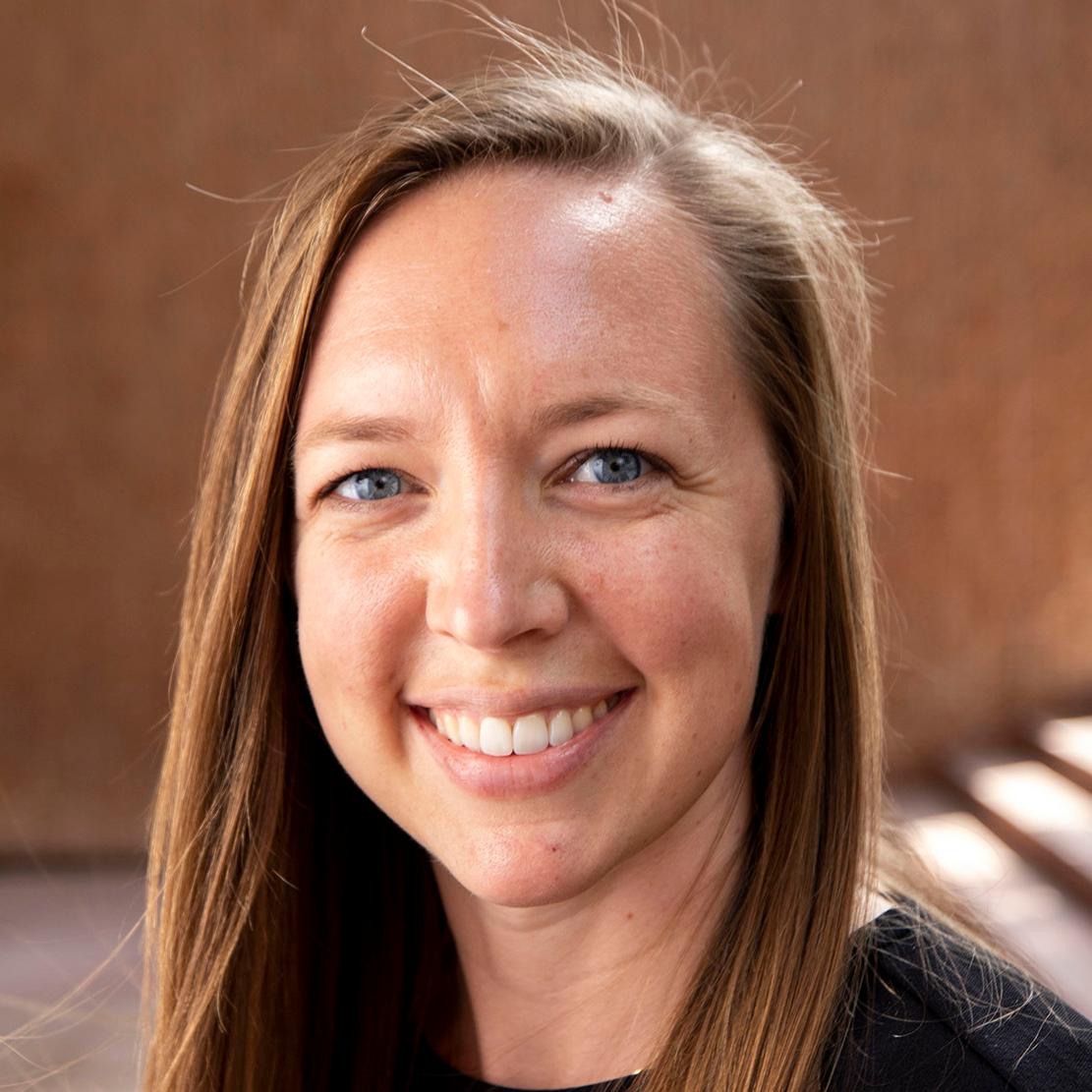
Colorado may be one step closer to understanding how thousands of its wildfires each year are started.
Thursday afternoon, members of a Colorado senate committee voted unanimously to advance a new wildfire bill that would create regional teams of state investigators.
The bill, SB 22-080, would provide the state’s Division of Fire Prevention and Control with an additional $3 million each year to investigate Colorado’s wildfires.
More than 5,000 wildfires start each year in Colorado, according to data from the Division of Fire Prevention and Control. A CPR News investigation found that the cause of most of the state’s large, human-started fires is unknown. Local authorities have responsibility for wildfire investigations on non-federal land, but CPR found many do not have trained or full-time wildfire investigators.
“The efforts of locals are admirable and committed,” said bill sponsor, state Sen. Kerry Donovan, D-Eagle County. “But oftentimes they just don't have the background that it takes to investigate a wildland fire, nor perhaps the resources of time, money, or equipment.”
Donovan proposed the bill following the CPR News investigation.
Mike Morgan, the director of the Division of Fire Prevention and Control, said the bill would pay for seven additional investigators at the state level and experts to assist with criminal investigations. The department currently has one full-time investigator and a canine named JoJo. Additional funding would also allow the state to reimburse local authorities, absorbing the cost of investigations.
Nine out of 10 wildfires in the United States are started by people, not lightning. That means that the vast majority of this country’s wildfires are preventable. But “if we don't know what's causing fires, it might be pretty hard to strategize about how to prevent these large-scale wildland fires,” Donovan said.









